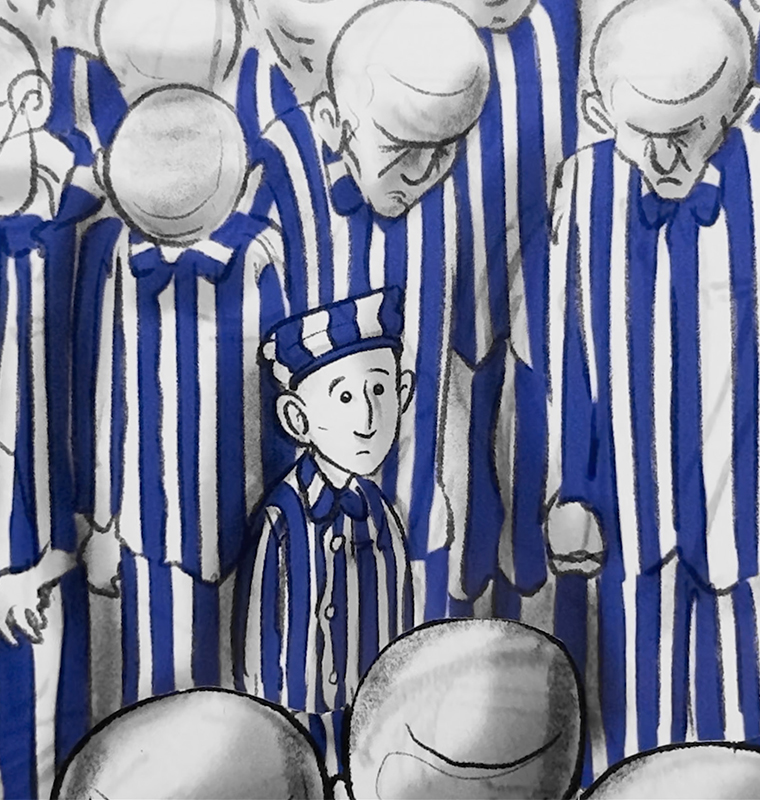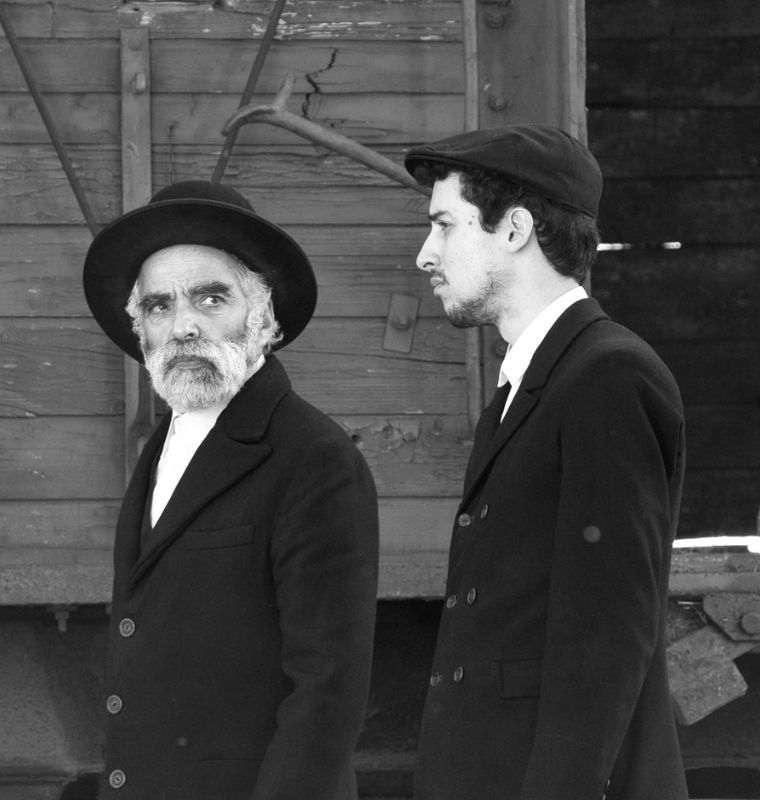Transit | Summer Film Series
One of former President Barack Obama’s favorite films of 2019, German director Christian Petzold's Transit uniquely binds past with present to examine love and hope in the shadow of authoritarianism.
Blending the Past, Present, and Future
In Transit, Acclaimed German director Christian Petzold, known for art house films like Barbara (2012) and Phoenix (2014), adapts Anna Seghers’s 1944 German novel of the same name. Yet it is a bold artistic choice that separates this entry from many other wartime entries.
While the original story is set during the World War II Nazi invasion of France — Petzold’s Transit transposes that tense historical structure into a vaguely contemporary setting, with an unnamed German, fascist force closing in on the city of Marseille. The result is a surrealist, kafka-esque, and liminal world.
This dynamic allows the film to delve into issues of anti-Semitism, immigration, and fascism simultaneously in the past, present, and future. Transit causes the audience to question what they would do in this situation, prompting its viewers to deeply ruminate on these subjects long after an initial viewing. As The Guardian’s Peter Bradshaw writes, “The strangeness of this story will live in your bloodstream like a virus.”
"Intense and Mesmerizing"

The film centers around Georg, a refugee who has assumed the identity of a dead writer to receive a transit visa. Lead actor Franz Rogowski — whose grown into a formidable indie star with recent releases Passages, and Bird — guides the audience through any disorientation of the film’s temporality with his quiet, yet urgent portrayal of a man claustrophobically trapped as the enemy surrounds him.

As Variety’s Guy Lodge praises, “Indeed, it’s Rogowski’s silent, urgent emotional immediacy as a performer that pulls us through the tricky opening stages.” The Hollywood Reporter’s Boyd van Hoeij concurs, noting how “Intense and mesmerizing German up-and-comer Rogowski is perfectly cast as Georg, who is enigmatic and fascinating in equal measure.”
"Harrowing Labyrinth of a Movie"
With Georg’s planned escape, a boat voyage to Mexico leaving in three weeks, the audience sees him interact with a slew of characters in similarly precarious situations, yet all with distinctly different backstories.

Transit features intricate, understated performances by its ensemble—a woman (Barbara Auer) stuck behind watching an American’s two dogs with the promise of a future escape, the tragically-compelling little boy Driss (Lilien Batman) with whom Georg develops a close relationship, and a mysterious woman (Paula Beer) who continues to bump into Georg throughout the city. With a Casablanca-esque complication midway through the film, Transit keeps its audience on its toes with its compelling narrative all while asking poignant questions about interpersonal connections. “By turns intimate and expansive,” the New York Times’s Manohla Dargis praises the film as “a thrilling, at times harrowing labyrinth of a movie.”



